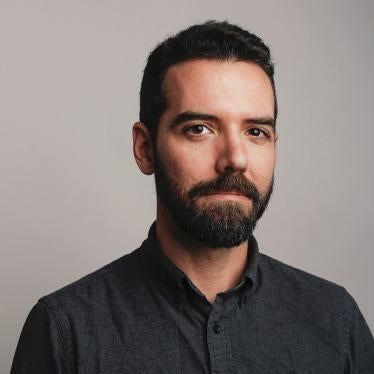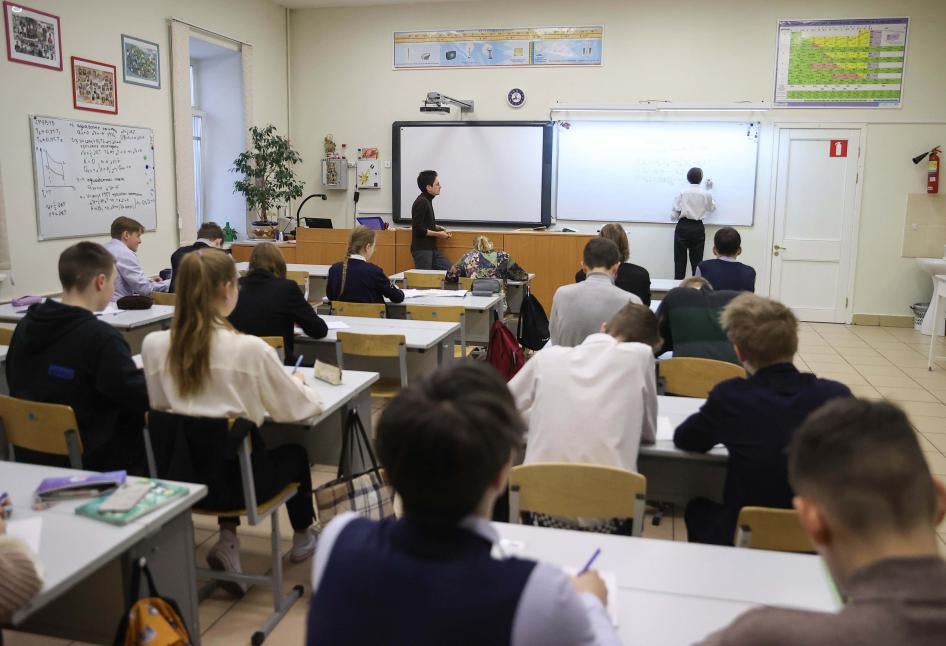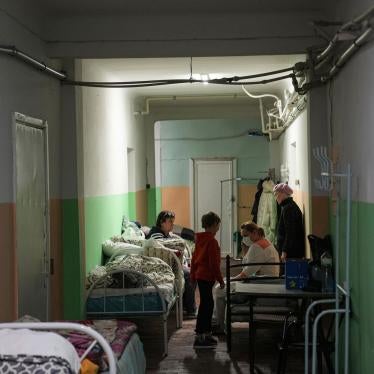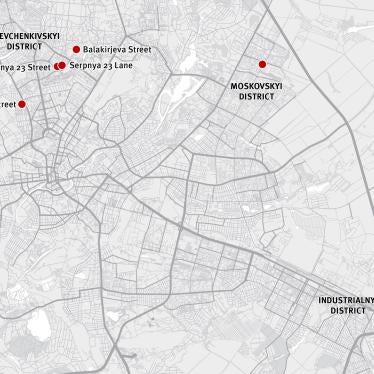This week, Russia’s Education Ministry provided schoolteachers with “information for a social studies session.” “Disinformation” would have been a more accurate title for the two-page text, which teachers are apparently meant to read out loud in their classrooms before screening a video of President Vladimir Putin. Guidance is provided in case of inquisitive kids.
The approved line for Russian teachers to tell their students is that Russia invaded Ukraine because “our policy is freedom, freedom of choice for everyone to independently determine their own future and the future of their children.”
If children ask whether Russia is at war, teachers should answer no: it is conducting a “special peacekeeping operation” to stop a “nightmare of genocide” against “millions” of ethnic Russians and Russian speakers in the Donetsk and Luhansk regions. The Russian leadership “does not like to wage wars, create conflicts and succumb to provocations,” has “done everything possible to resolve the situation by peaceful, political means,” and is “not going to impose anything on anyone by force.”
With over 1.2 million Ukrainians having left their country as refugees, hundreds of civilians killed, including scores of children, and evidence of potential war crimes mounting, the lesson’s propaganda makes a mockery of the facts. But so it does of children’s right to education and information. Under United Nations conventions, education should help teach children to “identify misinformation and other forms of biased or false content.” It should prepare “the child for responsible life in a free society, in the spirit of understanding, peace … and friendship among all peoples.” States are obliged to ensure children’s “access to information and materials from a diversity of national and international sources.”
In addition to the false and misleading script handed to educators, the Russian government has shut down independent media, like TV Rain and the Echo of Moscow radio station, that reported on the Ukraine invasion, and arrested over 6,000 anti-war protesters.
Teachers who do speak out against the war could well be fired, or worse. On March 4, Russia’s parliament unanimously approved a draft law that lawmakers said would punish criticism that “discredits” Russia’s armed forces and the spread of “false information” about the Ukraine war with up to 15 years in prison.
The Education Ministry’s “social studies” lesson does contain one accurate statement about Ukraine, but like a broken clock, it is accurate by accident:
“It is impossible to look at what is happening there without compassion.”








